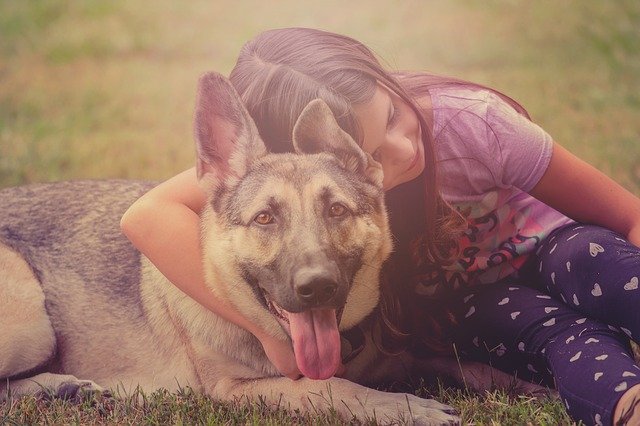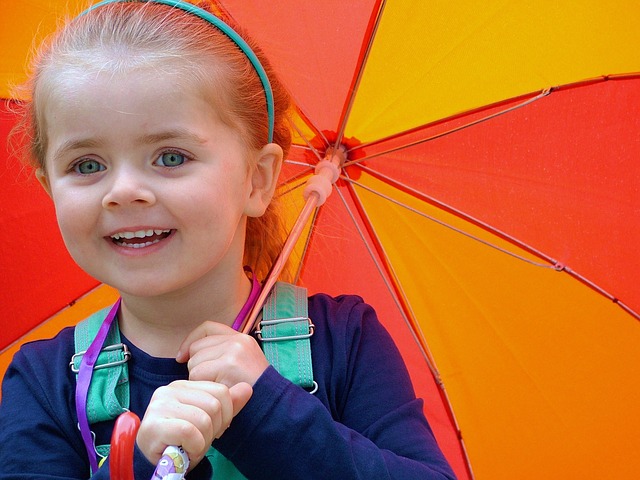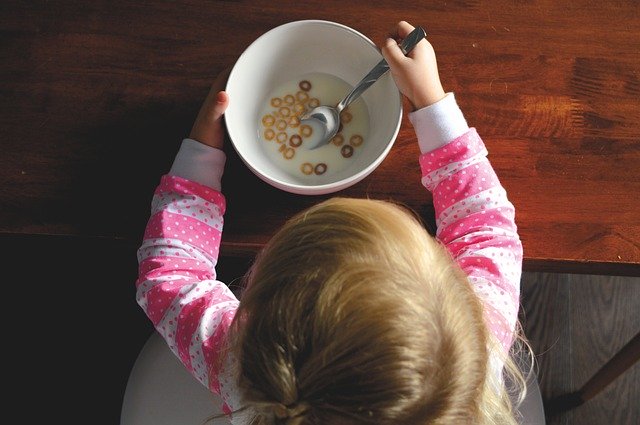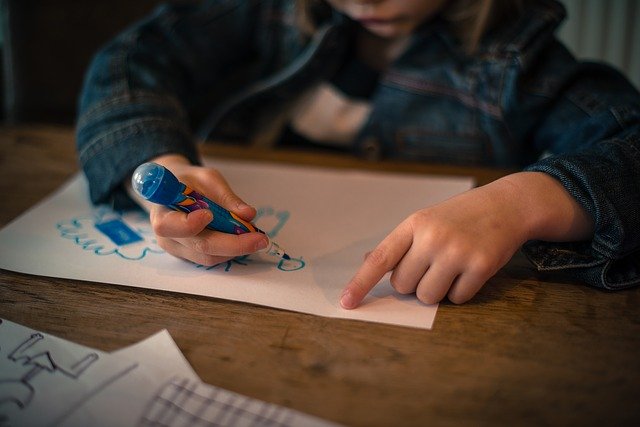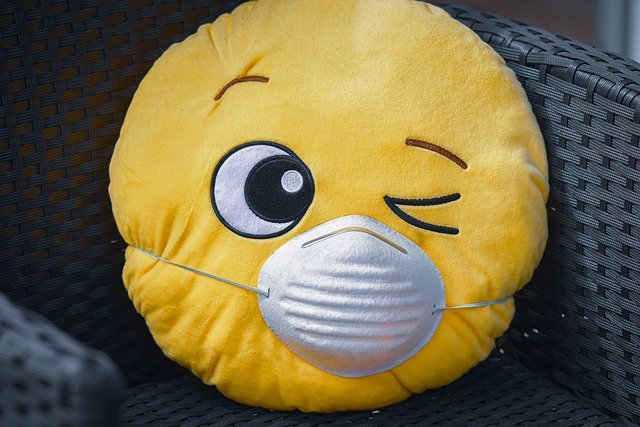
Many children have a tough time adjusting to wearing a face mask. Unfortunately, this is becoming more of an issue as kids are heading back to school, day care and other activities.
Ask most parents of young children and they will likely tell you how exhausting it is trying to get children to put face masks on, let alone keep them on for any length of time. It is something that must be done, however. The Centers for Disease Control and Prevention and the American Academy of Pediatrics recommend that children aged 2 and older wear face masks when they are unable to remain six feet away from others. The exception to this recommendation would be children who are unable to remove a mask from themselves. This includes those with developmental delays or neurologic issues.
To prepare your child for wearing a mask for long periods of time, start them off slowly and gradually increase the amount of time they wear their mask. Each time they put it on try to extend the period of time they wear it by a few minutes until they get used to it.
It is important that your child’s face mask is the right size for their face. A mask designed for an adult is going to be uncomfortable on a child and won’t do its job either. Pleated masks often fit kids the best and ear loops work better than ear ties at this age. Masks should cover the nose and mouth and remain secure under the chin.
If your child seems apprehensive about wearing a mask, there are things you can do to make them feel more at ease. This includes putting masks on their toys or allowing them to personalize their mask.
Here are some other tips when it comes to masks and children:
- Teach children how to take off their mask by pulling on the ear loops not on the front of the mask.
- Make sure children wash their hands before handling their masks.
- Have children take off their masks when they are eating, drinking or napping.
- Always have extra masks available for children in case the one they are wearing gets dirty or wet.
- Tell your children that sharing masks is not something they should do. Clearly label masks with your child’s name to prevent mix-ups.
- Disposable masks should be thrown away after use. Reusable or cloth mask should be washed with soap and water at the end of each day.
- Don’t require your child to wear a mask when they are only around their immediate family. This includes in the car or at home.
Finally, as is the case with most things in life, children will take their cue from their parents. In other words, the more comfortable you act when wearing a mask, the more comfortable your child is likely to feel.
Premier Academy offers affordable childcare in the Omaha/Elkhorn area. To learn more, visit us at premieracademyinc.com.
